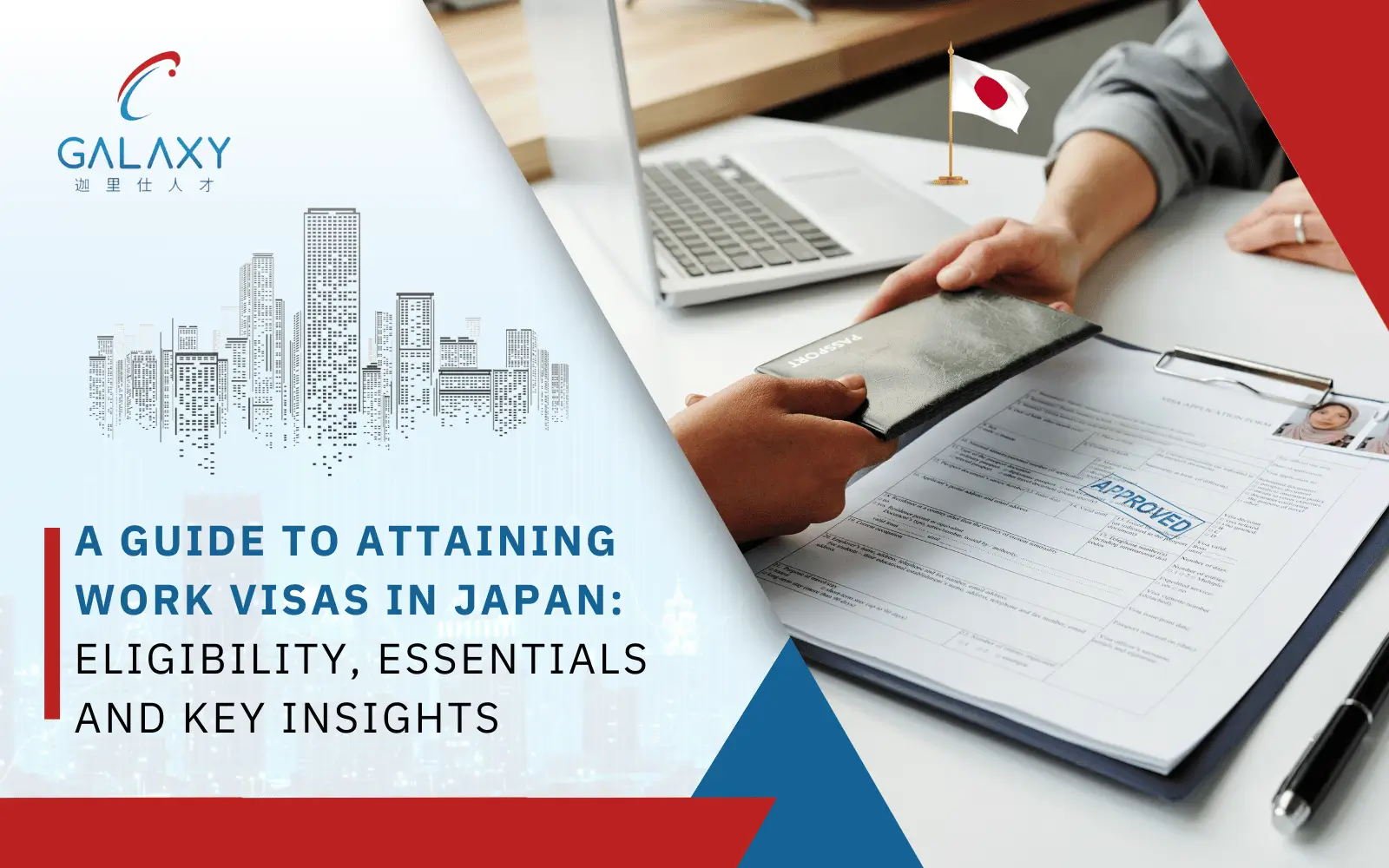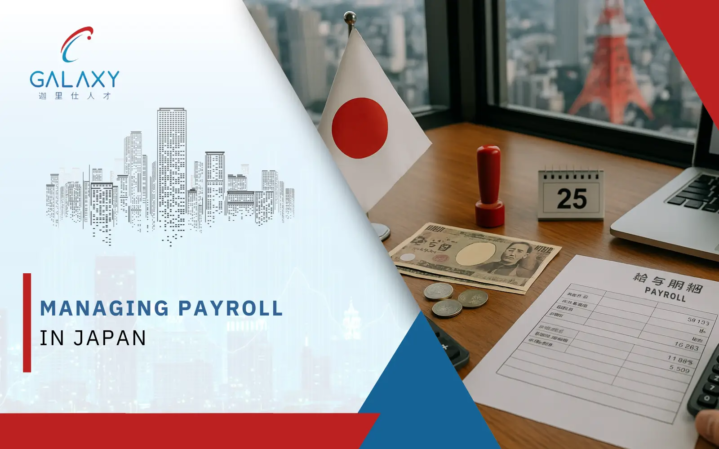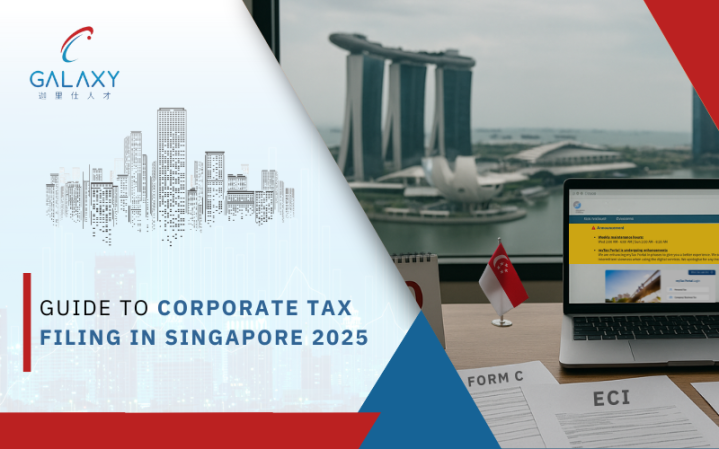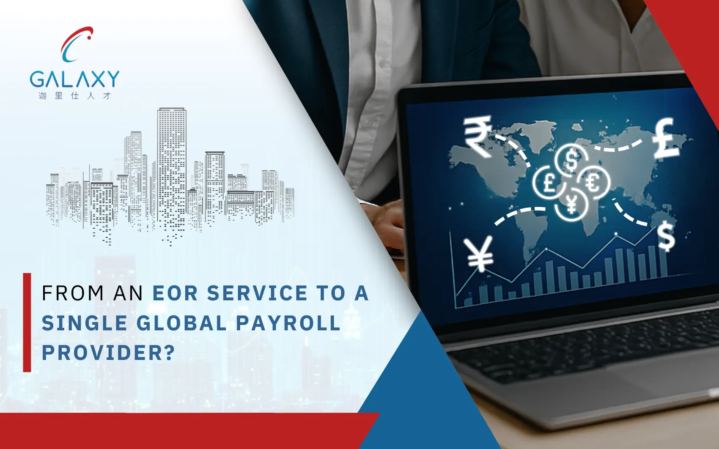A Guide to Attaining Work Visas in Japan: Eligibility, Essentials and Key Insights

Japan is an attractive destination for international talent, known for its advanced economy, cutting-edge industries, and unique cultural appeal. However, working in Japan as a foreign national is not possible without complying with the country’s strict immigration and labour regulations. A valid work permit and visa are required by law before engaging in any paid employment.
This guide provides a comprehensive overview of Japan’s work permit requirements, including visa categories, eligibility criteria, application processes, compliance obligations, and how employers can navigate these regulations efficiently.
Table Of Content
- Why Japan Require Work Permits?
- Who requires a work permit or visa to work in Japan?
- What are the main types of work visas in Japan?
- What is the Certificate of Eligibility (CoE) and why is it required?
- What are the Work Permit Requirements in Japan?
- How does the work visa application process work in Japan?
- What are the Japan work visa requirements for employees and employers?
- What are the work permit fees in Japan?
- Conclusion
Why Japan Require Work Permits?
Japan’s approach to immigration is rooted in its economic priorities and demographic landscape. The requirement for work permits exists primarily to protect employment opportunities for Japanese citizens. By mandating foreign nationals to obtain specific work authorisations, the government ensures that only sectors facing genuine skill shortages open up to foreign expertise.
Moreover, Japan faces a significant demographic challenge—an ageing population coupled with a shrinking workforce. In response, the work permit system is pivotal in attracting skilled foreign workers in industries such as healthcare, IT, and engineering. This approach not only addresses labour shortages but also contributes to the country’s economic resilience and innovation efforts.
The permit system also serves as a mechanism to uphold labour standards. It ensures that foreign employees receive fair treatment, including equitable wages, safe working conditions, and access to social benefits, in line with Japanese labour laws. In doing so, it aims to prevent exploitation and maintain the workforce’s integrity.
Who requires a Work Permit or Visa to Work in Japan?
All foreign nationals who are not Japanese citizens or do not hold special residency status are required to obtain a work permit. The following individuals are exempt:
- Japanese citizens (including those residing abroad)
- Permanent residents
- Long-term residents
- Spouses or children of Japanese nationals or permanent residents
All other individuals must undergo a formal work visa application process supported by a Japanese sponsor (typically the employer).
What are the main types of work visas in Japan?
Japan offers a variety of long-term visa options depending on the nature of employment:
1. Work Visa
This is the most common type of employment across various sectors. The visa duration and conditions depend on the job category.
2. Specified Skills Visa (SSV1 and SSV2)
- SSV1 is designed for foreign workers in sectors with significant labour shortages, such as nursing, agriculture, and shipbuilding. It is valid for up to five years.
- SSV2 allows indefinite renewal and family accompaniment, granted to individuals with advanced expertise.
3. Highly Skilled Professional Visa
Issued to candidates with exceptional academic or professional backgrounds, offering a five-year residency and fast-track pathways to permanent residency.
4. Intra-Company Transferee Visa
Granted to employees being relocated from a foreign branch to the Japanese arm of their organisation.
5. Start-up Visa
Encourages entrepreneurial activity and innovation by allowing individuals to launch their business ventures in Japan.
6. General and Specified Visas
These include visas for cultural activities, internships, or research engagements.
What is the Certificate of Eligibility (CoE) and why is it required?
The Certificate of Eligibility (CoE) is a prerequisite document issued by Japan’s Immigration Services Agency. It confirms that the applicant meets the legal conditions for entry and residence based on employment, family ties, or other valid grounds.
The employer (or sponsor) must apply for the CoE on the applicant’s behalf. Once approved—usually within three months—the document must be presented during the visa application process at the relevant Japanese embassy or consulate abroad.
What are the Work Permit Requirements in Japan?
To obtain a work permit in Japan, the first prerequisite is a Certificate of Eligibility (COE). Employers typically apply for the COE on behalf of their hires through the regional immigration bureau.
General Requirements:
- A valid passport
- A formal job offer from a Japanese organisation
- Completed visa application form
- Recent passport-sized photograph (taken within the last six months)
Depending on the visa type, additional documents, such as skills assessment results or Japanese language proficiency scores, may be required.
How does the Work Visa Application Process Work in Japan?
To obtain a work permit in Japan, the first prerequisite is a Certificate of Eligibility (COE). Employers typically apply for the COE on behalf of their hires through the regional immigration bureau.
The process to secure a work permit in Japan involves the following steps:
- Securing a Job Offer: The foreign applicant must first receive an offer of employment from a Japanese employer.
- COE Application by Employer: The employer submits a COE application to the local immigration office on the employee’s behalf. This process can take up to three months.
- Visa Application: Once the COE is granted (valid for three months), the employee must apply for a work visa at a Japanese consulate or embassy in their home country.
- Supporting Documents: These include:
- Letter of Guarantee
- Official Invitation Letter
- Itinerary and purpose of visit
- List of visa applicants (if applicable)
- Company profile and contact information
For the Specified Skilled Worker visa, applicants must submit a skill evaluation scoring 70 points or more.
What are the Japan Work Visa Requirements for Employees and Employers?
A. Japan Work Visa Requirements for Employees:
- A valid passport
- A completed visa application form
- Recent passport-sized photographs
- Certificate of Eligibility (CoE)
- Proof of job offer and employment contract
- Relevant academic or professional credentials
- A points-based assessment (for certain skilled categories).
B. Japan Work Visa Requirements for Employers:
- Letter of guarantee
- Official invitation letter
- Business registration documents
- Visa applicant list and job descriptions
- Detailed itinerary for the employee’s stay in Japan
Employers must be diligent in preparing these documents and ensuring accuracy to avoid delays or rejections.
Read our guide : Minimum Wage Trends in 2025 : A Comprehensive Global Overview
What are the work permit fees in Japan?
Visa application fees depend on the type of entry and the applicant’s nationality. The current fee structure is
- Single-entry visa: ¥3,000 (approx. USD 30)
- Multiple-entry visa: ¥6,000 (approx. USD 60)
These fees are non-refundable and must be paid at the time of visa application.
Conclusion
Attaining a work visa in Japan requires thorough preparation, accurate documentation, and a solid understanding of immigration procedures. From the initial Certificate of Eligibility to selecting the correct visa type and ensuring employer compliance, each step demands careful attention to detail.
For employers, non-compliance can result in significant legal and financial consequences. For professionals, delays or errors in the visa process can disrupt relocation plans and employment timelines. That’s why engaging with a trusted partner who understands Japan’s regulatory environment is not just helpful—it’s essential.
At Galaxy Group, we simplify international hiring and workforce mobility. With deep expertise across Asia and a robust presence in Japan, we provide end-to-end support for work permits, compliance, and onboarding—so you can focus on growing your business or career without barriers.
Disclaimer: This blog is for informational purposes only and does not constitute any legal advice.
Secure Your Japan Work Visa Seamlessly
Let Galaxy Group handle the complexities of work permits and immigration compliance in Japan, so you can focus on growth—not paperwork.
FAQ’S
How long does it take to obtain a Japanese work visa?
The time taken to process a Japanese work visa typically ranges between 5 and 10 working days, though this may vary depending on the consulate or embassy where the application is submitted.
However, prior to the visa application, the Certificate of Eligibility (CoE) must be issued by the Immigration Services Agency in Japan—a process which can take up to three months to complete.
Is there a digital nomad visa in Japan?
Yes. In April 2024, Japan introduced a Digital Nomad Visa for remote workers. Eligible individuals must earn at least ¥10 million (approx. USD 65,000) annually and may reside in Japan for up to six months. This visa is not renewable immediately and requires applicants to wait six months before reapplying.
It offers remote professionals a unique opportunity to live and work in Japan without engaging in local employment.
What should I do after arriving in Japan on a work visa?
Upon arrival in Japan, immigration authorities will issue a Landing Permit at the port of entry. This permit effectively replaces the visa and serves as official authorisation to enter and begin residing in Japan.
Can a foreigner work in Japan without a visa?
No. All non-residents must hold a valid work visa. Working on a tourist visa is illegal and may result in fines, deportation, or a ban on re-entry.
How do I obtain a Japanese Residence Card?
If you enter the country via major airports such as Narita, Haneda, Kansai, or Chubu, you will typically be issued your Residence Card immediately upon arrival, alongside the Landing Permit.
However, those entering through other ports of entry must visit the municipal office in their local area to apply for a Residence Card.
Additionally, within 14 days of establishing your residence, you are required to register your address at the local ward or municipal office. Your address will then be printed on your Residence Card.
When is a Re-Entry Permit required in Japan?
A Re-Entry Permit is necessary if you intend to leave Japan for a period exceeding one year. For shorter absences, a Special Re-Entry Permit can be obtained at the airport prior to departure, allowing re-entry within a one-year period without the need for additional documentation.
Can my company hire employees in Japan without a local entity?
Yes. By using an Employer of Record (EOR) like Galaxy Group, your business can hire talent compliantly without needing to establish a legal entity.




